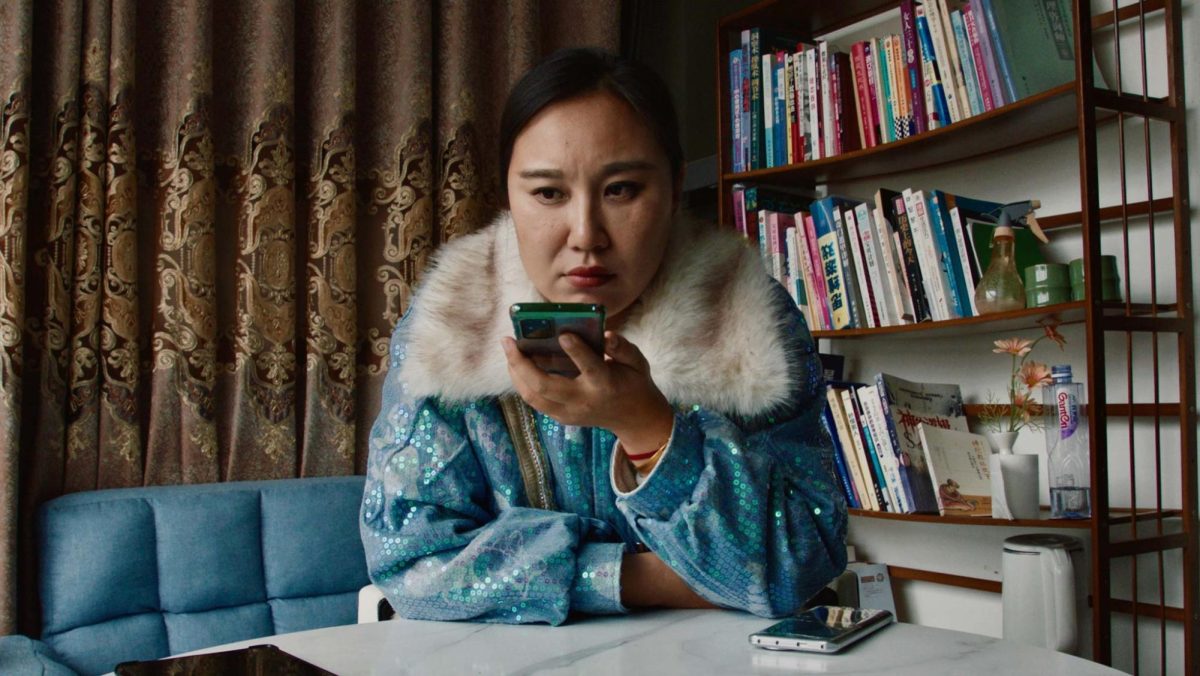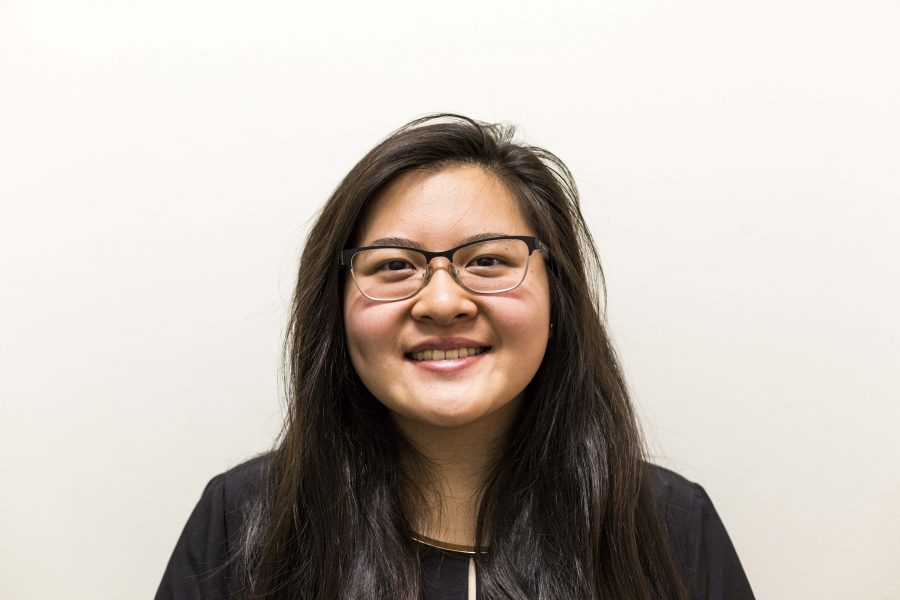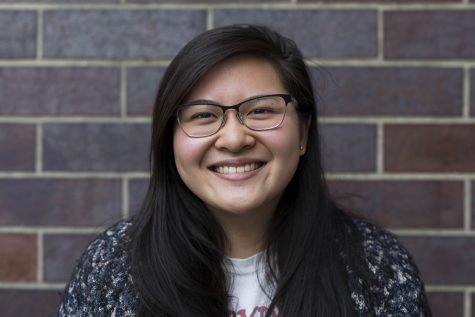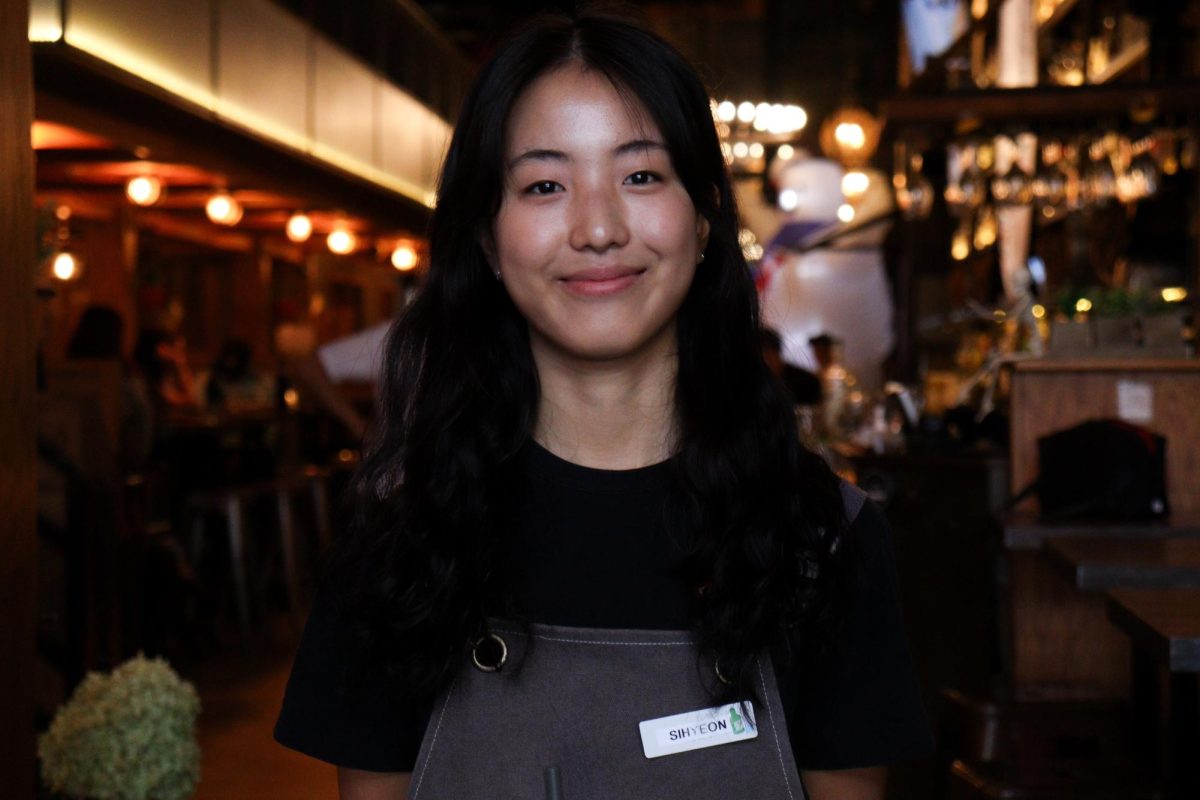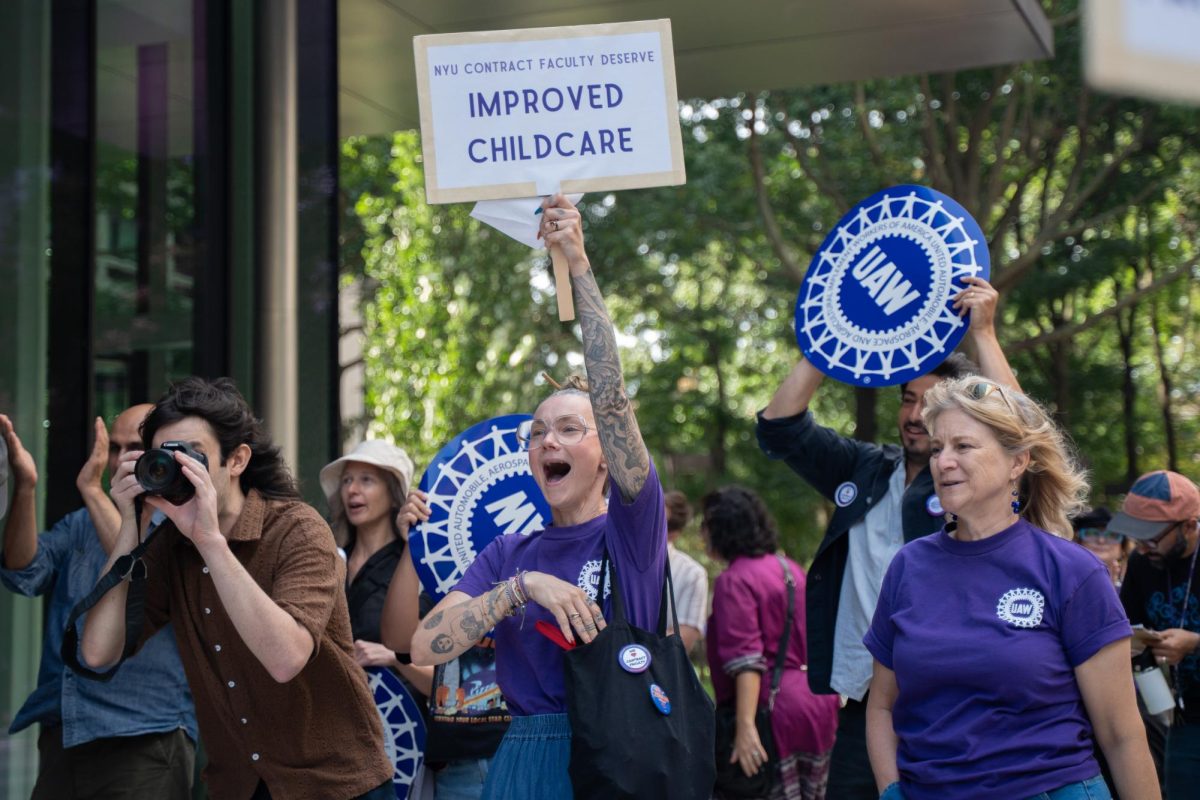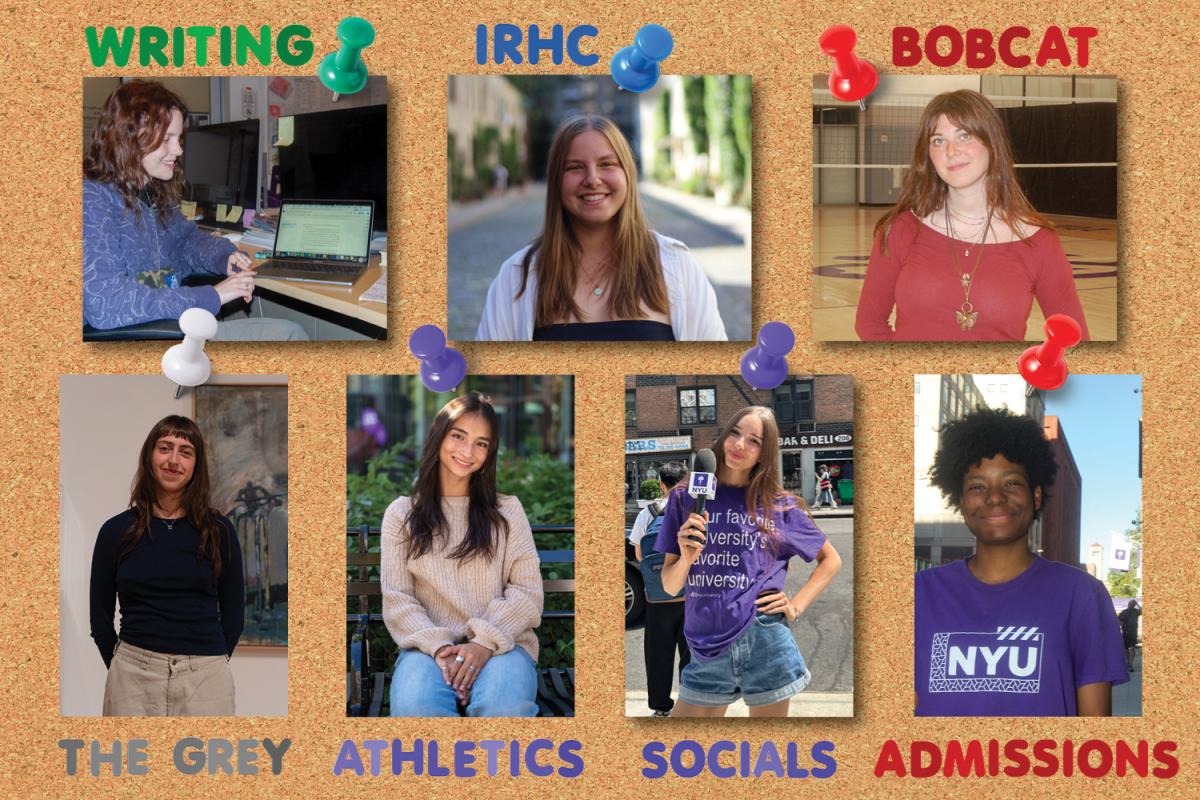Safe Spaces Aren’t Neutral
January 23, 2017
It is indisputable that safe spaces are vital for members of marginalized communities. Far from being the overarching sphere of coddling that conservatives often malign them as, safe spaces provide marginalized people with the full benefits of their humanity. A marginalized person’s sense of self is frustratingly chipped away daily by the insults of living in a society still very much dominated by biased norms, therefore safe spaces provide them a place where they do not need to be hyperaware of how their bodies and identities conflict with social expectations. However, safe spaces are not meant to be entirely depoliticized. And they are certainly not meant to be co-opted by those who have privileges in order to block out political discussion.
With the growing acceptance of safe spaces among leftists, there needs to be an understanding about whom safe spaces are primarily for. Some liberals construe safe spaces as a place devoid of all political activity. Whether that is true is up to members of the community that the space is actually meant for. There is a strong historical precedent for political organizing and activism in radical community spaces, like the legendary Southern black churches during the Civil Rights era. Any gathering of oppressed people, for whom an entire existence is framed by politics, lends itself to political discussion of some degree.
This is why declarations of intersectional neutrality from gatherings like the Women’s March are frustrating for people with less privileges than the organizers of the March, who were noticeably white at the beginning. Leaders of the Women’s March said they would not discuss race to keep the peace, but closing that conversation was emblematic of a larger problem in society: less marginalized people dictating the rules of engagement for more marginalized people. This itself is a form of repression. Credit where credit is due, the leaders of the March realized their mistake and incorporated a more diverse message while bringing more diverse feminists to help organize and lead the movement.
But this mindset — one that considers intersectionality an extraneous, complicated add-on to liberal politics — is outdated and not constructive in 2017. On campuses, it seems that marginalized people have done a good job of delineating where the line stands for those with privilege. Yet it is important for marginalized people to know how their struggles are often reprioritized, not just among their oppressors but among their allies as well. Building an inclusive movement — one that does not shy away from discussions of race and class, challenges notions of gender and embraces nontraditional sexuality — is important to creating a future that is open to everyone. Otherwise, all this energy will simply be dedicated to replicating the oppressive structures of the present, just reassigned and imposed on slightly different bodies.
A version of this article appeared in the Monday, Jan. 23 print edition.
Email Emily Fong at [email protected].








































































































